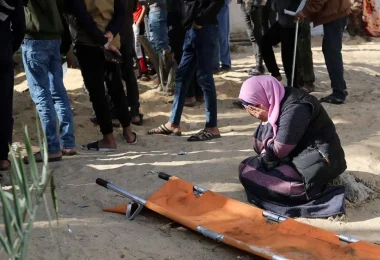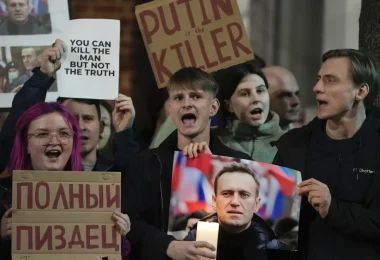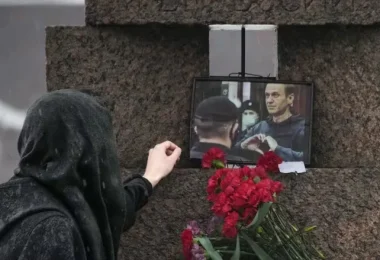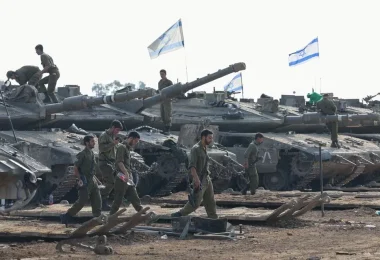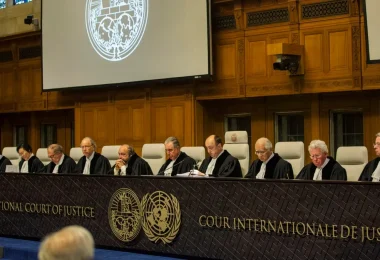The already volatile situation in the Middle East escalated further following an exchange of fire between Israel and the Lebanese armed group Hezbollah. This alarming development comes as global diplomats from the United States and the European Union are actively engaged in the region to prevent the spillover of the ongoing conflict in Gaza.
Hezbollah announced it had launched 62 rockets at an Israeli military post in response to the assassination of Hamas leader Saleh al-Arouri in Beirut, an attack widely attributed to Israel. Israeli military sources reported about 40 rocket launches towards the Meron air surveillance base in northern Israel but confirmed no casualties or significant damage.
These cross-border hostilities have heightened fears of regional escalation, particularly with Israel declaring its northern border with Lebanon a closed military zone. Civilians have been warned to stay away from the border region, emphasizing the seriousness of the situation.
The situation in Lebanon is equally tense, with Hezbollah and the Israeli army exchanging fire along the border. An Israeli attack deep into Lebanese territory marked a significant escalation, raising concerns about further regional destabilization.

Lebanese Parliament Speaker Nabih Berri meets with European Union’s foreign policy chief Josep Borrell in Beirut, Lebanon January 6, 2024. Lebanese Parliament/Handout via REUTERS
In response to these developments, EU foreign policy chief Josep Borrell, during his visit to Beirut, emphasized the need to prevent Lebanon from being dragged into the conflict. He stressed the importance of diplomatic engagement, stating that “nobody will win from a regional conflict.”
The back-and-forth attacks between Israel and Hezbollah underscore the complexity of the situation, where events in Gaza are having far-reaching implications. The situation is further complicated by the involvement of other regional players, including Iran, which has expressed its support for Hamas.
With the US Secretary of State Antony Blinken’s ongoing diplomatic efforts in the region, the international community is keenly observing the developments, hoping for a de-escalation of tensions and a return to diplomacy. However, the continued violence and retaliatory strikes suggest a challenging path ahead for peace and stability in the region.


